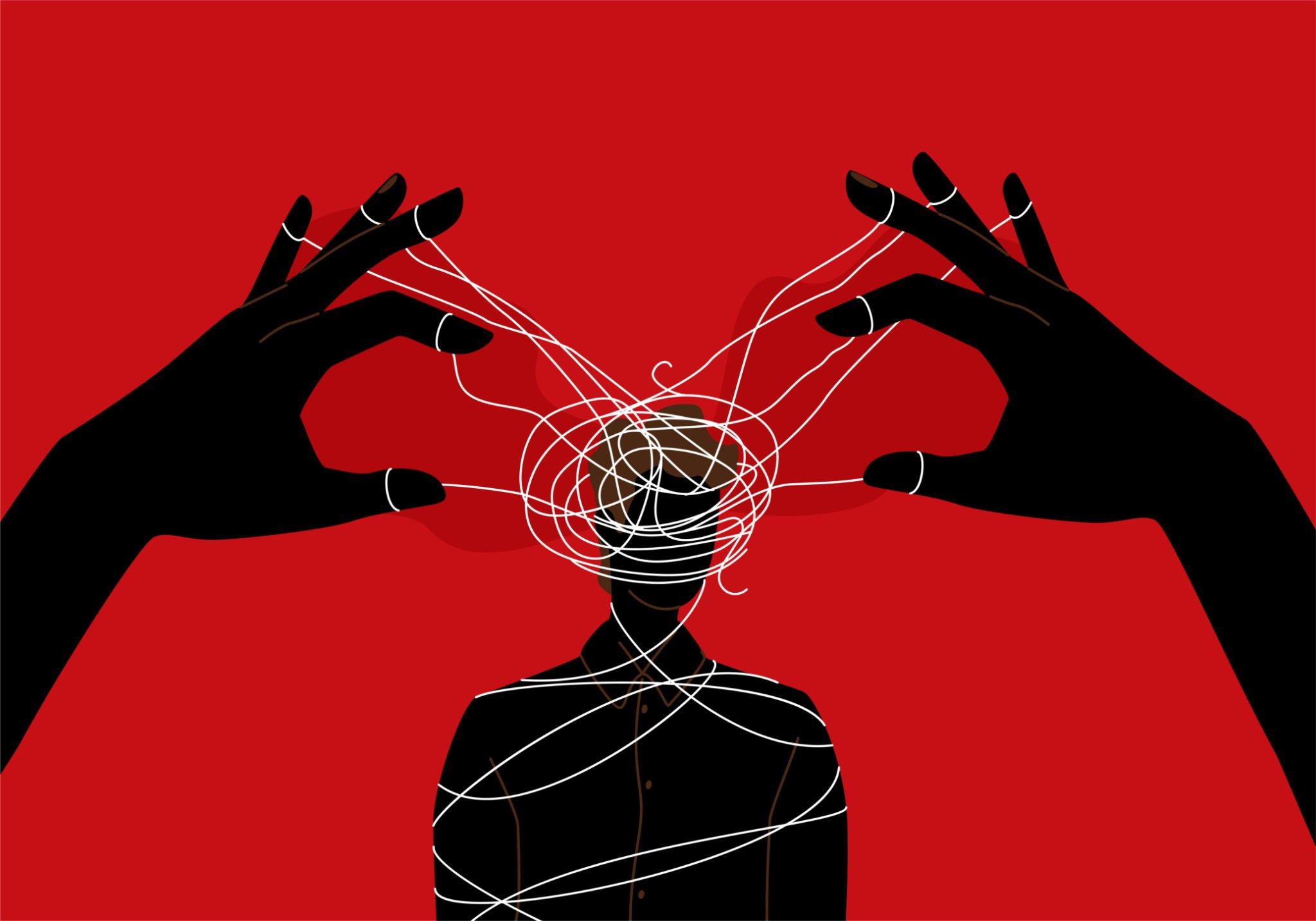Part 1: 4 Telltale Signs You’re Dealing with a Narcissist
Narcissism. That abundantly used term with an elusive meaning. It’s used in conversation to mean a host of things from “selfish” and “self-absorbed” to “controlling” and “manipulative”. While the term is overly applied, narcissism is more common than you’d think. Chances are you’ve encountered it before, and it may even be impacting your mental and emotional well-being. If you’re in a relationship with a narcissist, the first step is to recognize the telltale signs and validate your experience. My hope is that this post might give you language to better understand your experience.
Let’s start by understanding the difference between a narcissistic person and someone with a narcissistic disorder. The Diagnostic and Statistical Manual of Mental Disorders (it’s the big book of diagnoses that all mental health professionals use) outlines a specific set of criteria for Narcissistic Personality Disorder (NPD). Characteristics of NPD include grandiosity, a sense of entitlement, and an excessive need for admiration and must demonstrate a “pervasive pattern” that endures over time in multiple contexts such as work, home, friendships, etc. Though they have an outsized ability to negatively impact others due to their drive for power and a lack of empathy, people with NPD make up a small percentage of the general population at anywhere from 0-6.2%. Still, if there are potentially 6 people in a room of 100 with NPD, chances are you’ve encountered them before in your life – at work, at school, at your place of worship, or at the grocery store.
Though that 6% is dwarfed by the number of people without NPD, that other 94% isn’t free of narcissism. Like any disorder in the DSM whether its depression, anxiety, PTSD, or bipolar, the characteristics of NPD are symptoms that all people experience to some degree in everyday life. The big difference is that if it qualifies as a disorder, those symptoms are experienced with much more frequency or intensity, and they impede a person’s ability to function. Everybody is capable of bragging about an achievement, but not everybody has an enduring pattern of arrogance. An increase in stress can also impact symptoms of narcissism. Stressors like applying for a new job, a failing relationship, or financial difficulty can lead to spikes in insecurity that can make certain people more prone to self-absorption or emotional immaturity. Why is this important? Well, this means that there are a whole host of people that may not meet the criteria for an NPD diagnosis but who still exhibit some narcissistic traits that regularly or seasonally impact the people around them in a negative way. It’s hard to gauge how many people fall into this category because the criteria aren’t as clear as with NPD. But, suffice it to say that this expands our use of the word narcissist to a much larger percentage of the population.
Telltale Signs
Now that you know the difference between NPD and narcissism on a spectrum, let’s take a look at the telltale signs that you’re dealing with a narcissist.
“Look at how great I am!” The first thing you might think of when I say the word “narcissist” is arrogant, braggy, or self-absorbed. You would be right! Narcissists will keep the focus on themselves. They might brag excessively about their achievements, character qualities, or their potential. They have difficulty making space for you and your needs, so they may consistently turn the conversation away from what you’re sharing and back onto the good parts of themselves. As they see it, they are amazing, outstanding, superhumans that can do no wrong. There is an all or nothing quality to a narcissist’s thinking that makes it easy to spot. They can only focus on the good parts of themselves as their true identities and ignore or project the negative parts of themselves onto you. Though they struggle to share the limelight with you, they are happy to focus on your negative qualities. This preoccupation with self can manifest in more subtle ways too. Narcissists aren’t always the puffed-up braggarts with a big ego that we often picture. That self-absorption can play out with them in the victim role. “Nobody gets how great I am.”
“It’s not my fault.” Making a mistake doesn’t match with this ideal self-image that they are projecting. Because of this, narcissists won’t be able to own up when they get it wrong and won’t take responsibility when they’ve hurt you. Taking ownership requires some degree of humility to tolerate the embarrassment, guilt (or shame), or sadness we feel when we’ve messed up. It can be hard for anyone, but with a narcissist you will see them struggle to own up even in the little things. “It’s not my fault,” is implicitly linked to “It’s your fault.” The narcissist needs a container to hold the blame and that container happens to be you. As I mentioned earlier, not all narcissists will be grandiose. That trait can vary from narcissist to narcissist. However, an allergy to accountability is a universal narcissistic trait.
“Tell me I’m as great as I know I am.” Not only do narcissists want you to look at how great they think they are, but they will also demand that you give them the attention and validation that they crave. Narcissists will see you as an extension of themselves, so it will be crucial to their sense of self that you validate all that self-focus. Pro tip: At the heart of the narcissist’s ego are deeply insecure parts, not a fully developed or confident sense of self. Though they may seem full of themselves, they rely on you to support their ego.
“Only my needs matter.” Because narcissists see you as an extension of themselves, when you have a need or a boundary that is different than theirs (a.k.a when you are a human being), they will be threatened by it. In their mind, you are subsumed into their personhood, and therefore their needs take center stage. They will struggle to have empathy for you when you are having a difficult time or will struggle to prioritize your needs. In any relationship people take turns. When I’m having a hard time, you might step up and prioritize my needs until I feel better. Later, you might be the one struggling, and I can set my needs aside to be there for you. It’s reciprocal. It’s balanced. But with a narcissist, that balance doesn’t exist. It is always all about them.
Hopefully, now, you have a better grasp on what narcissism is and you could pick a narcissist out of a lineup. This is such an important first step because when you have a narcissist in your life, he or she can leave you feeling disoriented and helpless. You’re on your way to effectively relating to a narcissist, but we have only scratched the surface. Stay tuned for our next installment in this series where we will delve into what tactics narcissists use to maintain control and why it feels so bad to be on the receiving end of them. For now, if any of the above signs sound like someone important in your life and you want more support, check out the National Domestic Violence hotline. They have a 24/7 hotline, and their website is full of great resources. If you’re looking for something more long-term, and you want to work through the impact of having a narcissist in your life, consider weekly therapy sessions. At the Couch Method, we specialize in personality disorders and can help you meet your mental health goals. Wherever you are in your mental health journey, thanks for reading and taking the time to learn more. A more informed you is a more empowered you!

